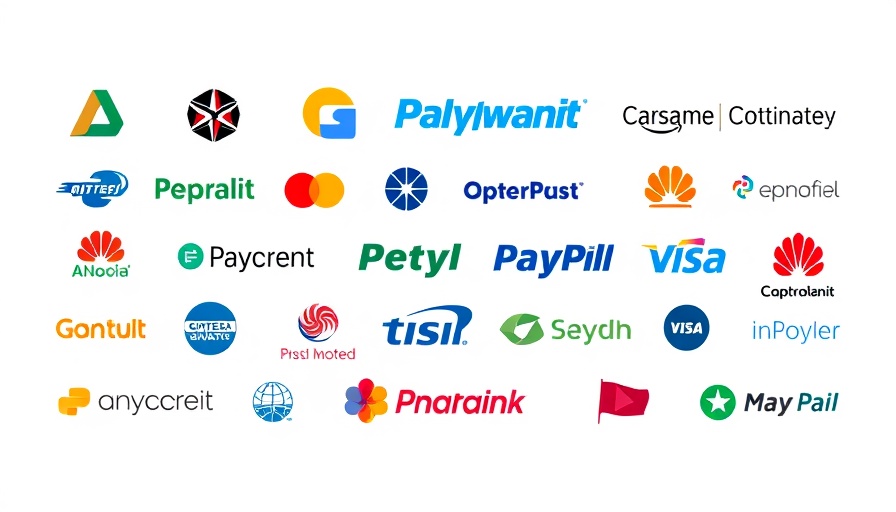
Verve’s Leap into Global Payment Solutions
Verve, known as Africa’s largest domestic payment card and token brand, is taking exciting steps in the digital payment sphere by establishing strategic collaborations with major international platforms like Temu and AliExpress. This expansion not only opens doors for Verve cardholders but also strengthens the brand’s objective of facilitating easy transactions across borders. Verve is significantly enhancing its global presence, enabling seamless shopping experiences for its users in the e-commerce marketplace.
The Rise of Contactless Payment Methods
In an era where speed and security are paramount, Verve is also embracing the rise of contactless payments. With partnerships alongside fintech leaders such as Opay and Paystack, Verve is fortifying its footprint across key digital payment platforms. This move comes as responses from consumers increasingly show a preference for faster payment options. The shift towards contactless transactions reflects contemporary consumer demands, which are reshaping the payment landscape in Africa.
Advancing Financial Inclusion through Innovation
Verve International’s Managing Director, Vincent Ogbunude, notes, “At Verve, we remain committed to driving innovation in digital payments while ensuring our cardholders enjoy secure and hassle-free transactions.” This commitment to innovation is evident in Verve's strategy of enhancing financial inclusion through advanced services that cater to both individuals and businesses. By facilitating a broader acceptance of digital payments, Verve is leading the charge towards a more inclusive financial ecosystem in Africa.
Why This Matters for African Startups and Investors
For tech entrepreneurs and investors, Verve's advancements signal a pivotal moment in the African fintech landscape. As digital transformation accelerates, understanding these trends offers insights into potential opportunities for investment and growth. Supporting fintech innovations like Verve is crucial for fostering an environment where startups can flourish and leverage technology to solve unique challenges in Africa.
Call to Action
As the landscape of digital payments evolves, entrepreneurs and investors are encouraged to engage with these emerging trends in fintech. Exploring partnerships and innovations like Verve’s can unlock new pathways for growth in the rapidly changing African economy.
 Add Row
Add Row  Add
Add 


Write A Comment